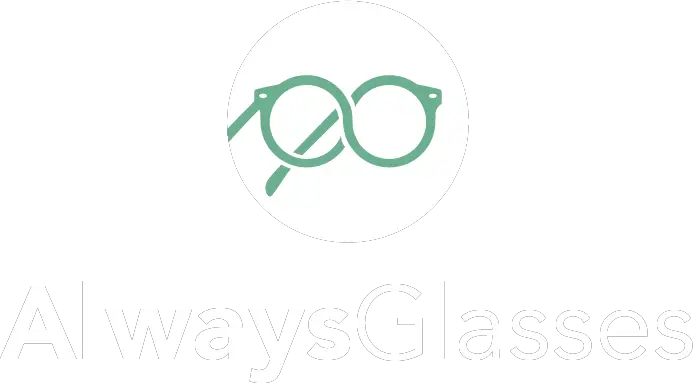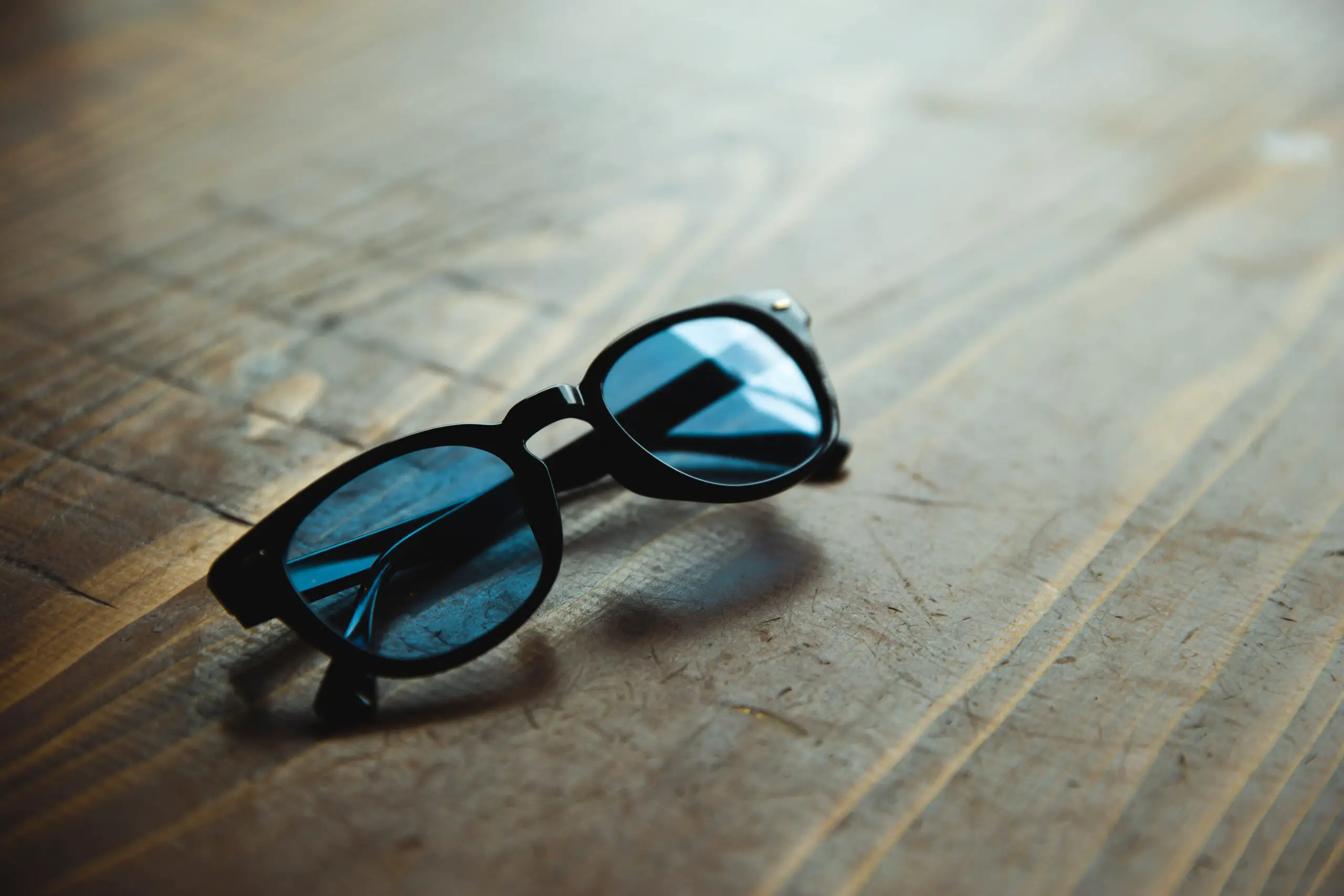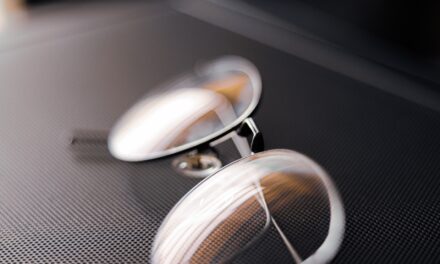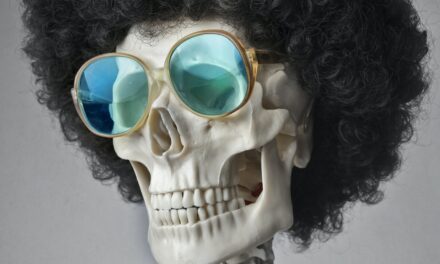Driving at night is stressful for many people due to low light conditions reducing overall visibility. The increase in high-powered LED headlights in cars and new LED streetlights increases the amount of blue light in the environment. Is it this harsh glare of blue light at night that makes driving challenging and some drivers feel unsafe?
Blue light glasses do NOT help with night driving. Wearing any kind of light-blocking glasses while driving at night is not only ineffective, but also unsafe.
When you’re driving at night, the glare of oncoming headlights can be blinding. While sunglasses can help reduce the brightness, they also block other important light that helps you see clearly. Blue light glasses are designed to filter out blue light, which can improve your vision when driving at night. Do they work? Keep reading to find out.
What Are Blue Light Glasses Good For?
Blue light glasses are becoming increasingly popular, but what are they actually good for? Blue light is a type of high-energy visible light that is emitted by LED screens, fluorescent lights, and the sun. Prolonged exposure to blue light can lead to digital eye strain, fatigue, and difficulty sleeping.
Reduce Eye Strain and Fatigue
Blue light glasses are designed to filter out blue light, making it easier to stare at screens for long periods of time without experiencing strain or fatigue. Blue light glasses are therefore useful for people who work in front of computers or other digital screens. The blue light from these screens can cause eye strain and fatigue, but blue light glasses can help to reduce these symptoms.
Reduce Risk of Macular Degeneration
Blue light glasses are also effective in reducing the risk of macular degeneration, which is a condition that causes vision loss. Macular degeneration is caused by damage to the retina, and blue light glasses can help to prevent this damage.
Reduce Insomnia
In addition, blue light glasses can also help to improve sleep quality by reducing the amount of blue light that enters the eyes in the evening. As a result, blue light glasses can be beneficial for both daytime and nighttime activities.
What Glasses Should I Wear for Driving at Night?
As anyone who has driven at night knows, the glare of oncoming headlights can be quite blinding.
The problem is not blue light or yellow light but glare itself. Therefore, the only effective glasses are those with an anti-glare coating.
Brightness
Research on visual discomfort among older drivers found that brightness, not blueness, was the primary reason for visual problems from headlights. Excessive brightness, other than when using high beams, occurs because the headlights are not aligned properly to shine toward the road.
Instead, they pummel into approaching vehicles, blinding drivers. This is especially true of SUVs and cars with higher clearances, which can cause more glare discomfort among sedan drivers in the oncoming lane.
Colored Lenses
Another study involving drivers of all different ages found that color-specific lenses did not improve the negative effects of headlight glare. The author of the study, an eye doctor, compared the lenses to wearing sunglasses at night, which does nothing to improve vision and is dangerous due to limiting what little light is already available at night to help see the road.
Poorly Aimed Headlights
The Insurance Institute for Highway Safety tests headlights in cars and rates them for safety. They found that among 2022 cars, only about 1 in 3 headlight systems tested earned a good rating.
The problem is that automotive regulations don’t specify the angle at which headlights should be aimed. Two vehicles, therefore, could have the same headlights but have a large difference in the distances illuminated.
How to Improve Vision at Night While Driving
Night vision, also known as scotopic vision, is the ability to see in low-light conditions. While our eyes are adapted to work well in a variety of lighting conditions, there are some things that you can do to improve your night vision while driving.
Properly Clean and Align Headlights
First, make sure that your headlights are properly aligned and clean. Properly cleaned and aligned headlights illuminate the road well and are not blinding to oncoming drivers. A misaligned headlight can cause glare and make it difficult to see.
Clean the Windshield and Wipers
Second, reduce glare by cleaning the windshield often. Make sure wiper blades are free of debris and in good condition and that the cleaning solution is full. Use the wipers often with the cleaning solution to remove dirt and insects from the windshield.
Protect Your Eyes From Glare
Finally, avoid staring directly at oncoming cars while driving. Focus your gaze to the side of the road as a car passes. And if you wear corrective lenses, consider getting a pair with an anti-glare coating. This will help to reduce glare from headlights and streetlights. By taking these steps, you can help to improve your night vision and make driving at night a safer experience for everyone.
Conclusion
Blue-light glasses are good for dealing with glare from the sun; however, they are not designed specifically to improve night vision.
Many retailers of eyeglasses online attempt to increase sales of night driving glasses and blue light glasses with claims of being able to reduce night-time vision concerns. These claims are unsubstantiated and even dangerous.





